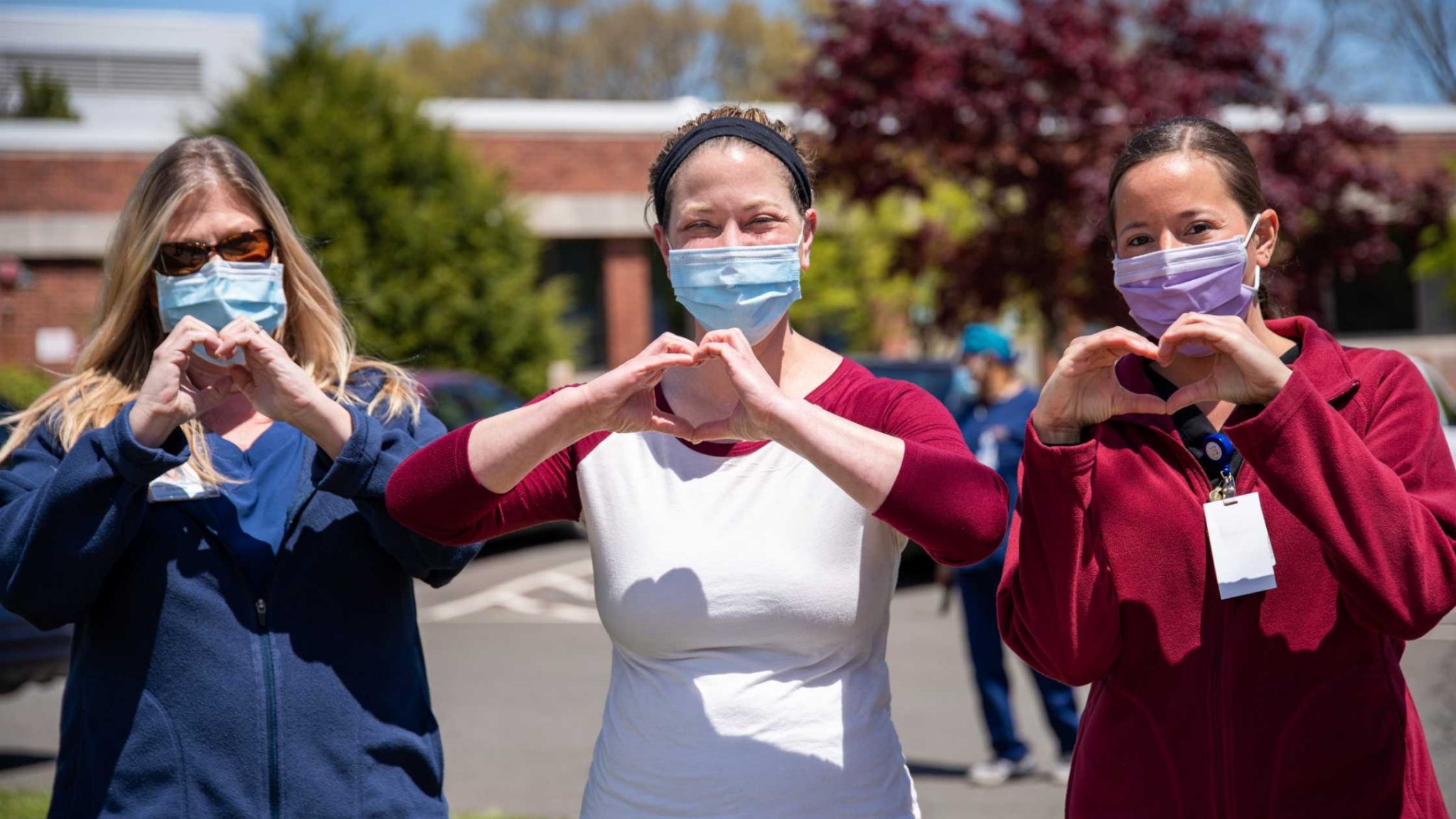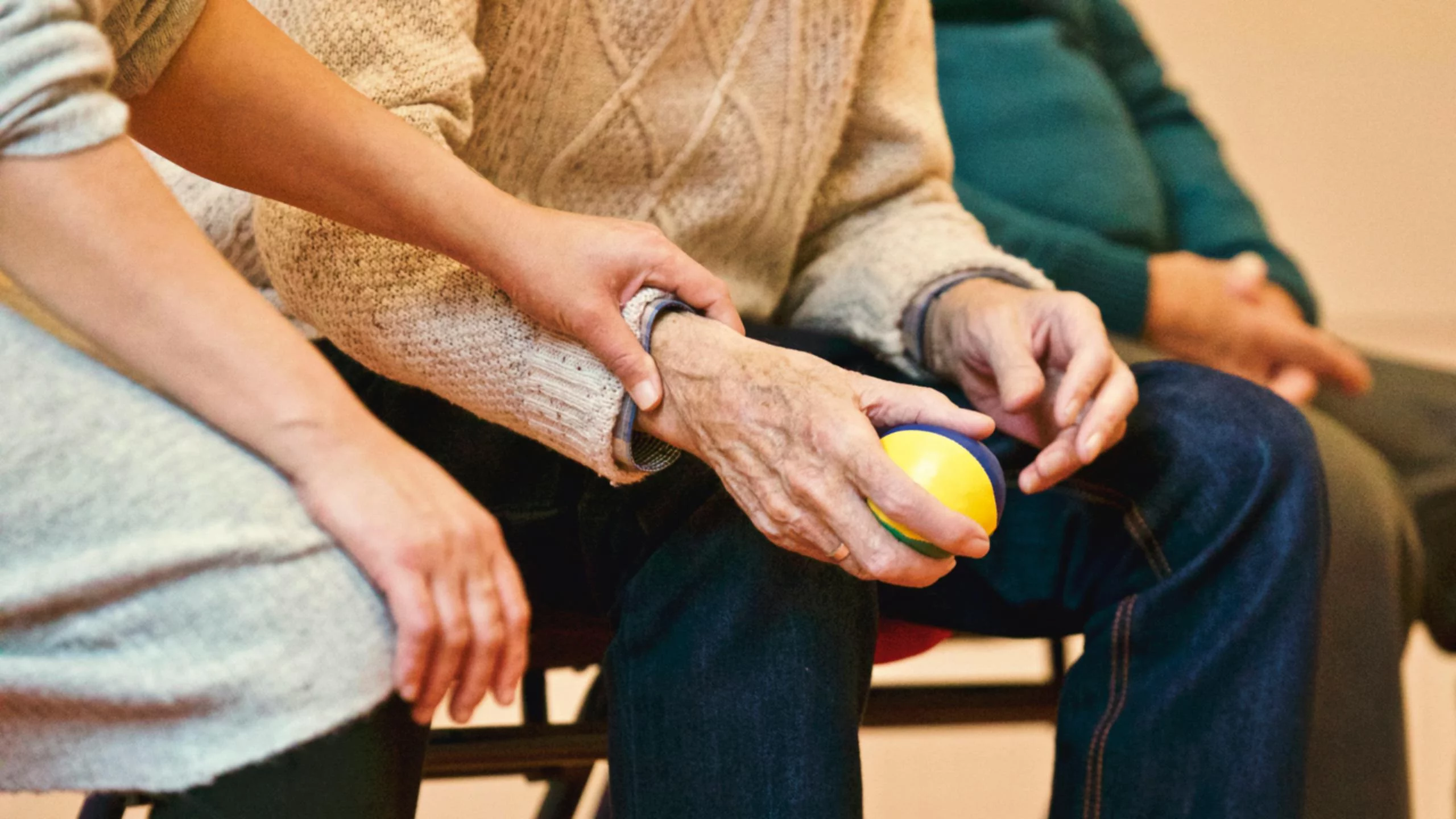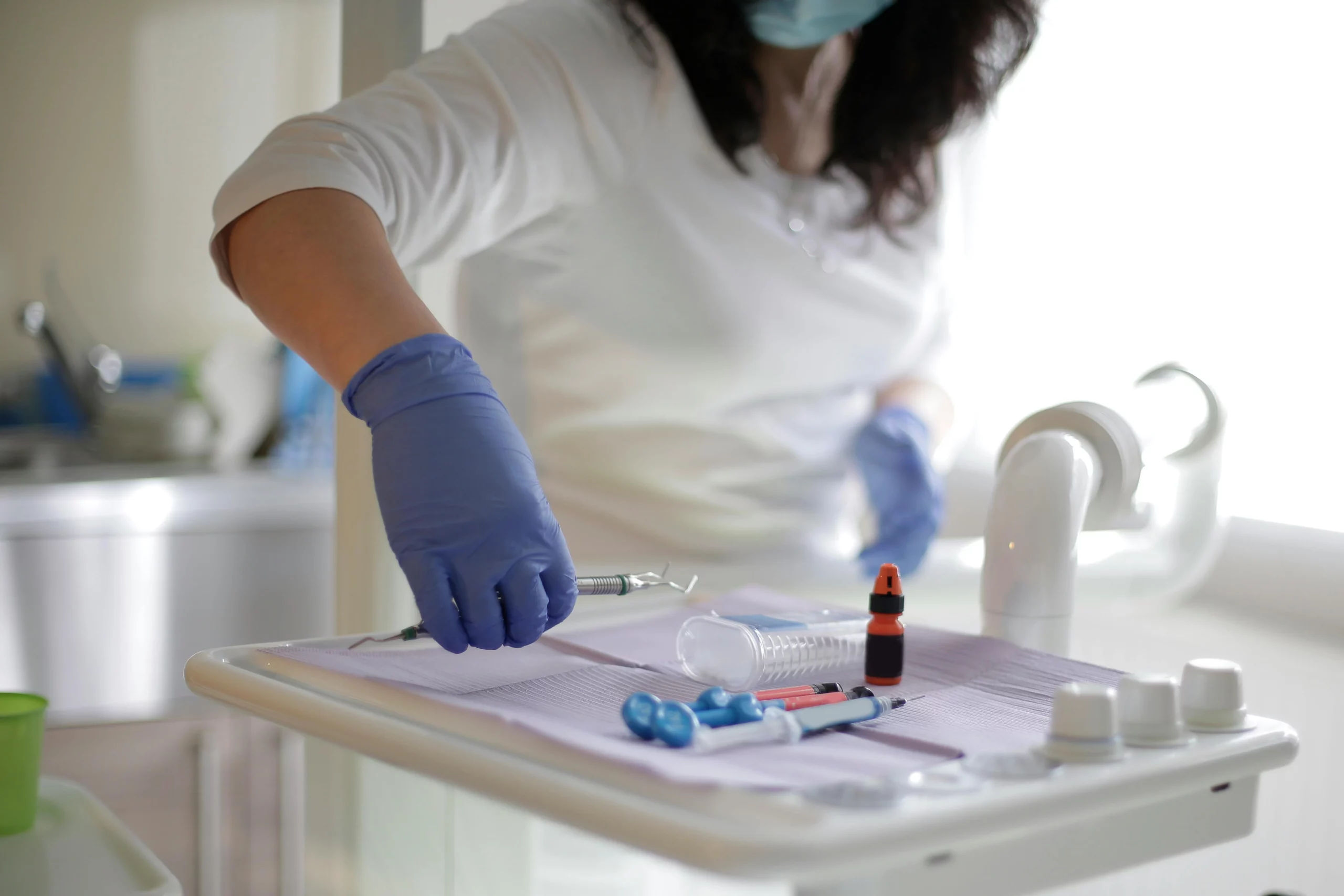What is an Occupational Health Nurse?
An Occupational Health Nurse (OHN) is a registered nurse who specializes in workplace health and safety. They work with employees, employers, and other healthcare professionals to promote and maintain the health and safety of workers in various industries.
OHNs are responsible for identifying and assessing health and safety hazards in the workplace and implementing strategies to prevent or minimize them. They provide health education and training to employees on issues such as injury prevention, stress management, and workplace ergonomics. They also conduct health screenings and immunizations and provide first aid and emergency care as needed.
In addition, OHNs may assist with workers’ compensation claims, disability management, and return-to-work programs. They work closely with other healthcare professionals, such as occupational therapists, industrial hygienists, and physicians, to ensure that workers receive the best possible care and support.
The Occupational Health Nurse must be dedicated to improving the health and safety of employees in the workplace. They should have a passion for promoting a healthy and safe work environment and be committed to providing high-quality healthcare services to employees.
Occupational Health Nurse Job Summary
We are seeking a skilled and compassionate Occupational Health Nurse to join our team. The successful candidate will be responsible for providing occupational health services to employees in various industries. This includes identifying and assessing health and safety hazards in the workplace, implementing preventative strategies, and promoting a healthy and safe work environment.
The Occupational Health Nurse will work closely with other healthcare professionals to provide health education and training to employees on topics such as injury prevention, stress management, and ergonomics. They will also conduct health screenings, administer immunizations, and provide first aid and emergency care as needed.
The ideal candidate will possess a strong knowledge of occupational health and safety regulations and guidelines. They should be able to communicate effectively with employees, employers, and healthcare professionals and be able to work collaboratively in a team environment.
General Responsibilities for an OHN
- Conduct health and safety assessments of the workplace to identify and minimize health hazards.
- Develop and implement preventative strategies to promote a healthy and safe work environment.
- Provide health education and training to employees on topics such as injury prevention, stress management, and ergonomics.
- Conduct health screenings, administer immunizations, and provide first aid and emergency care as needed.
- Assist with workers’ compensation claims, disability management, and return-to-work programs.
- Maintain accurate and complete medical records for employees
- Communicate effectively with employees, employers, and healthcare professionals
- Stay up-to-date on current occupational health and safety regulations and guidelines\
Skill Requirements for an OHN
TIP: Glider AI enables recruiters, staffing firms, and hiring teams to assess skills across technical and non-technical job roles, including high-demand healthcare roles. Use Glider AI Skill Intelligence Platform™ to understand soft skills, hard skills, interest in the job, and fit.
Qualitative skill requirements generally include:
- Compassion: Must be empathetic towards employees and their health concerns. They should show compassion toward the employees’ physical and emotional well-being.
- Communication Skills: The ability to communicate effectively with employees, employers, and other healthcare professionals is essential for an Occupational Health Nurse. They should be able to listen actively and express themselves clearly and professionally.
- Attention to Detail: Occupational Health Nurses must have a high level of attention to detail. They should be able to accurately document medical information and maintain complete and accurate medical records.
- Critical Thinking: Should have strong critical thinking skills. They must be able to assess situations and make decisions quickly and effectively.
- Adaptability: Should be adaptable and flexible. They should be able to work in different environments and handle unexpected situations.
- Ethics: Must maintain ethical standards in their work. They should be able to maintain confidentiality and respect the privacy of employees.
- Cultural Competence: Should be culturally competent and able to work with diverse populations. They should have an understanding of cultural differences and how they may affect healthcare practices.
Formal skill requirements or credentials generally include:
As a medical professional, an Occupational Health Nurse does require certain formal credentials and medical licenses. Specific medical requirements may vary depending on the location and employer but generally include:
- Registered Nurse (RN) License: All OHNs must be licensed as Registered Nurses in their state or province of practice. The RN license is obtained by passing the National Council Licensure Examination for Registered Nurses (NCLEX-RN) or a similar exam in the jurisdiction where they plan to work.
- Certification in Occupational Health Nursing: While certification is not always required, many employers prefer or require OHNs to be certified in Occupational Health Nursing (COHN). This certification is offered by the American Board for Occupational Health Nurses (ABOHN) and requires passing a national certification exam.
- Education: OHNs typically have a Bachelor of Science in Nursing (BSN) degree, although some employers may accept an Associate’s Degree in Nursing (ADN) or a diploma from an accredited nursing program. Some employers may prefer or require a Master’s Degree in Nursing (MSN) with a focus on occupational health nursing.
- Continuing Education: OHNs are expected to participate in ongoing professional development and continuing education to maintain their knowledge and skills.
- Other Certifications: Depending on the employer and the specific job requirements, Occupational Health Nurses may need additional certifications, such as Basic Life Support (BLS) or Advanced Cardiac Life Support (ACLS) certifications.
Example KPIs for an Occupational Health Nurse
Key Performance Indicators (KPIs) are important metrics used to assess the effectiveness and efficiency of an Occupational Health Nurse’s work. Here are some example KPIs for an Occupational Health Nurse:
- Injury and Illness Rate: This KPI measures the number of workplace injuries and illnesses per employee or per hour worked. The Occupational Health Nurse should work to reduce the injury and illness rate through prevention programs, hazard assessments, and employee education.
- Immunization Compliance: This KPI measures the percentage of employees who receive recommended vaccinations, such as the flu vaccine or Hepatitis B vaccine. The Occupational Health Nurse should work to improve immunization compliance through education, reminders, and incentives.
- Return-to-Work Rate: This KPI measures the percentage of employees who return to work after a work-related injury or illness. The Occupational Health Nurse should work to improve the return-to-work rate by providing timely and appropriate medical treatment, coordinating with the employee’s healthcare providers, and developing return-to-work plans.
- Compliance with Regulations: This KPI measures the Occupational Health Nurse’s compliance with relevant occupational health and safety regulations, such as OSHA or other local regulations. The Occupational Health Nurse should work to ensure that the workplace is in compliance with regulations and that employees are aware of their rights and responsibilities.
- Employee Satisfaction: This KPI measures the satisfaction of employees with the Occupational Health Nurse’s services. The Occupational Health Nurse should work to provide high-quality, responsive, and compassionate care to employees.
- Training Completion Rate: This KPI measures the percentage of employees who complete required training on topics such as injury prevention, stress management, and ergonomics. The Occupational Health Nurse should work to improve training completion rates through effective communication and training methods.
- Medical Record Accuracy: This KPI measures the accuracy and completeness of medical records maintained by the Occupational Health Nurse. The Occupational Health Nurse should work to ensure that medical records are accurate, complete, and confidential.
How can Glider AI help you with hiring a Occupational Health Nurse?
Glider’s recruitment platform is built on the mission, of “competency over credentials”. This way, you can make the most of the hiring assessments through a structured and data-driven candidate evaluation process. Use Glider AI Skill-Intelligence™ to automate and accelerate recruiting quality healthcare talent in a MOBILE-FIRST, candidate-friendly experience.
Glider AI’s Unique Features
- Verify Medical Licenses
- Validate Hundreds of Medical, Clinical, and Technical Skills
- Ensure Hiring Compliance
- Conversational Chatbot for Talent Screening
- Powerful candidate analytics
- Streamline Healthcare Hiring with AI and Automation
Go ahead and spotlight your Occupational Health Nurse with Glider AI today!
Schedule a Demo or contact us at info@glider.ai




